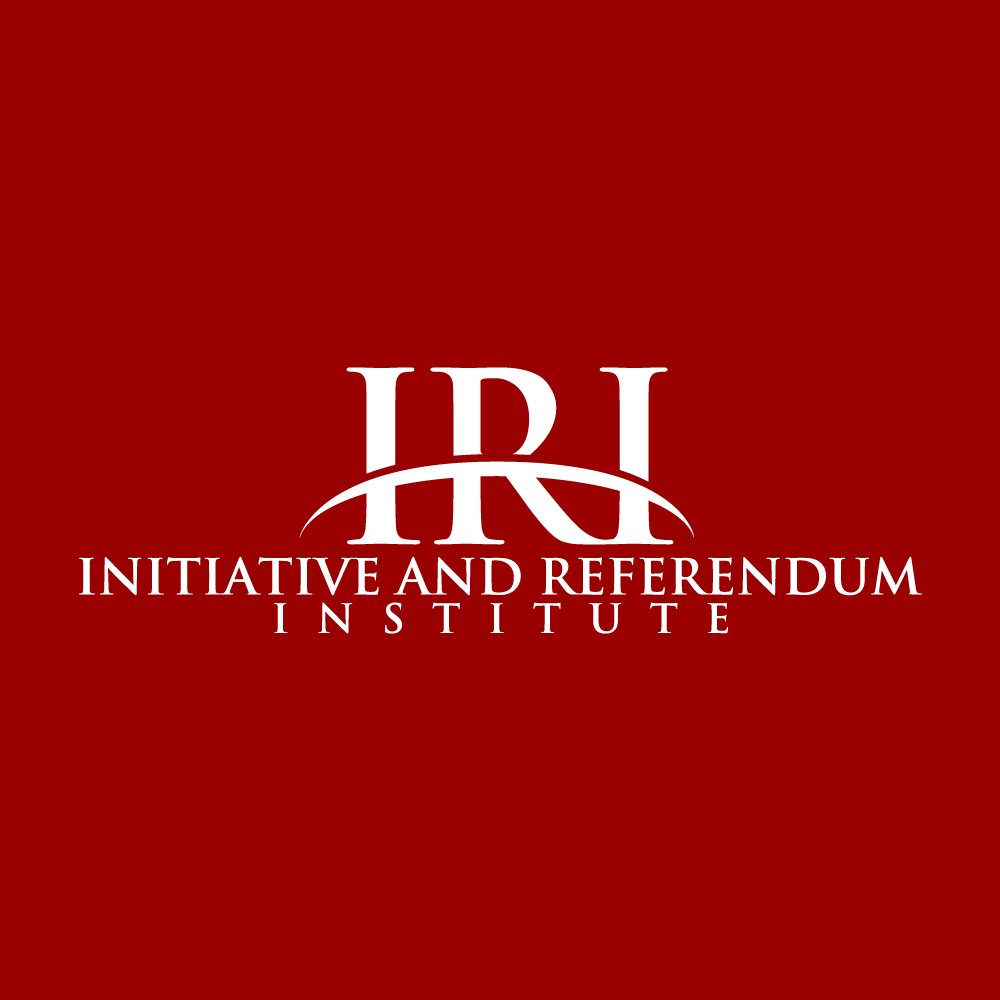Michigan
Agitation for initiative and referendum in Michigan started with the formation of the state's Direct Legislation Club in 1895 by George F. Sherman and David Inglis, both Detroit physicians. Sherman and Inglis pushed for adoption of statewide I&R for over a decade without success, despite support from the noted reformer, Detroit mayor, and later Michigan governor Hazen S. Pingree. In 1900 S. D. Williams of Battle Creek cited the legislature's Republican majority as the major obstacle.
The reformers won passage of an initiative and referendum amendment at the state constitutional convention of 1907. The voters ratified it in 1908, but the victory turned out to be hollow because the provisions were restrictive that citizens were unable to place a single initiative on the ballot.
Michigan initiative and referendum advocates resumed lobbying the legislature for a better amendment and gained the support of Governor Chase S. Osborn, a Progressive elected in 1910. The legislature rejected Osborn's attempts, but relented in 1913 during the administration of Governor Ferris, another I&R supporter.
Under the new provisions, it took 39,000 signatures to put a constitutional amendment initiative on the 1914 ballot. The first two initiatives that won voter approval were on the ballot in 1932: a measure to establish a liquor control commission passed overwhelmingly, and an amendment to limit property taxes won 51.1 percent of the vote.
In 1938, voters passed an amendment specifying that gas and vehicle weight tax money must be used for roads and streets. The following year, in an April special election, they approved a system for the nonpartisan election of judges. In 1946, voters enacted an initiative to ensure that part of the state's sales tax revenues were returned to the municipalities; in 1948, they modified the property tax limitation. In 1976, voters approved by a two-to-one margin a measure that a 10-cent deposit on bottles and cans. In 1998, the voters rejected a physician assisted suicide initiative and in 2000 defeated a school voucher initiative that was sponsored by Amway founder Dick DeVos.
Ten initiatives have come before the voters in the first decade of the 21st century, many of them attracting national interest. In 2000, voters rejected 39-61 a proposal to create a voucher system for public schools. In 2004, voters amended the state constitution 59-41 to define marriage as solely between one man and one woman, effectively banning same-sex marriage. In 2006, voters approved 58-42 an initiative that prohibited the state from discriminating against or providing preferential treatment on the basis of race, ethnicity, and gender. In 2008, voters legalized the use of marijuana for medical purposes, and removed certain restrictions on embryonic stem cell research.
See David Schmidt, Citizen Lawmakers: The Ballot Initiative Revolution (Temple University Press, 1989).
